ICIPE’s mission is to help alleviate poverty, ensure food security, and improve the overall health status of peoples of the tropics, by developing and extending management tools and strategies for harmful and useful arthropods, while preserving the natural resource base through research and capacity building. The Centre’s vision is to pioneer global science in entomology, to improve the well-being and resilience of people and the environment to the challenges of a changing world, through innovative and applied research, alongside deep exploratory study, impact assessment, evaluation, and sustainable capacity building.
Edible insect farming – Kenya
Geographical profile
Challenges
Insects and other arthropods are the most diverse and abundant forms of life on earth. They are also a paradox within the sustainable growth equation especially in tropical regions such as Africa where, on the one hand, they contribute to developmental stagnation because of their ability to severely reduce the output of humans, animals, and plants. On the other, because of their tremendous biodiversity, insects harbour great potential for development. There is a critical lack of research into large-scale production process to effectively monitor and harvest the insects.
Expected benefits
ICIPE, collaboration with MANA and other partners, will actively engage in the development of insect production lifecycle. The IoT devices to be developed within NESTLER, will lead to the insect counting methodology solutions and offer insights into the manufacturing of FRASS fertiliser to stimulate crop growth.
Pilots
The pilots will be conducted into three different locations, in Nairobi, Kenya. One of the objectives of the trials is to evaluate the effectiveness of insects in recycling organic waste into nutrient-rich biomass and high-quality organic fertilizer, as well as to determine optimal rearing conditions of insects to biodegrade waste under varying organic waste mixtures ratios. The pilot activities will also evaluate the nutrient profile of different diet formulations integrated with insect meals as substitute to soybean/fish meal protein, as well as to assess the effect of various diets on the performance and health of chicken under experiment. Lastly, the performance of novel frass fertilizers will be evaluated, on soil improvement, crop yield [potato, bush bean, indigenous vegetables – Amaranth) and quality.

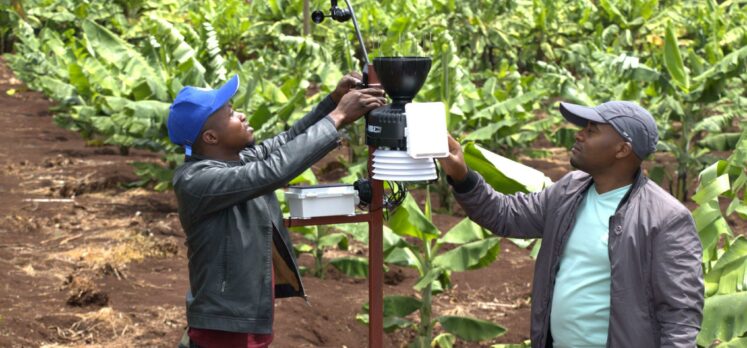
Installation-of-SynField-X3-and-weather-sensors-in-a-banana-
pilot-plot-grown-on-soil-amended-with-insect-frass-fertilizer
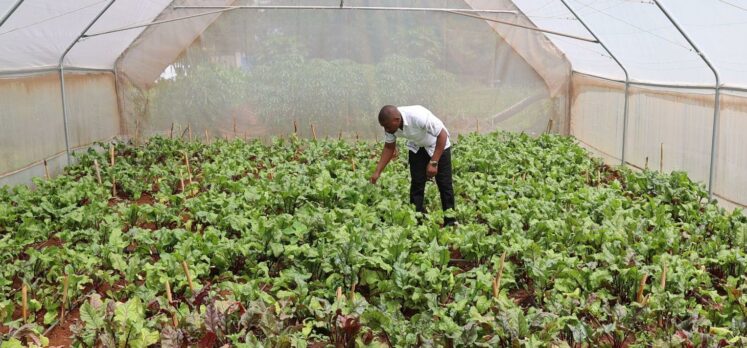
Beetroot (Beta vulgaris) pilot plot grown on soil
amended with insect frass fertilizer
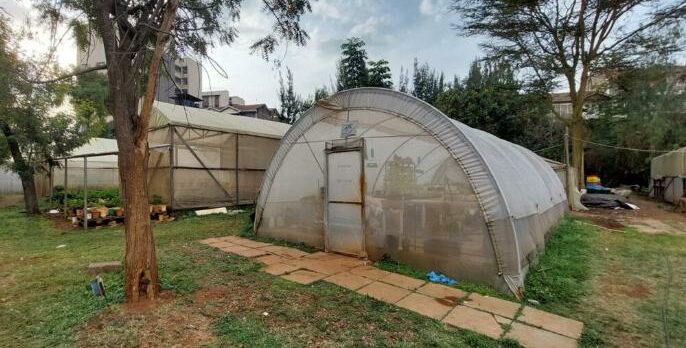
NESTLER Pilot in Kenya
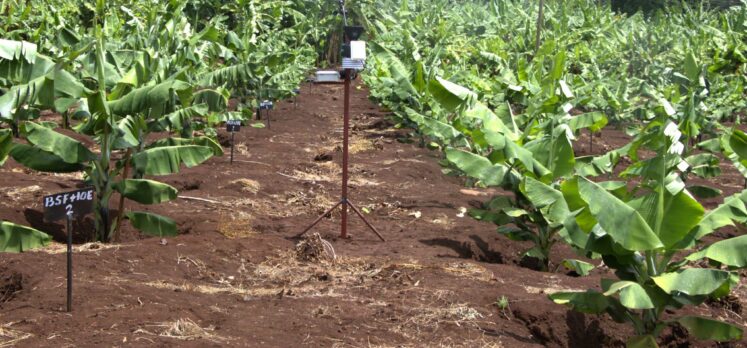
Established SynField X3 and weather sensors in banana pilot
plot grown on soil amended with insect frass fertilizer
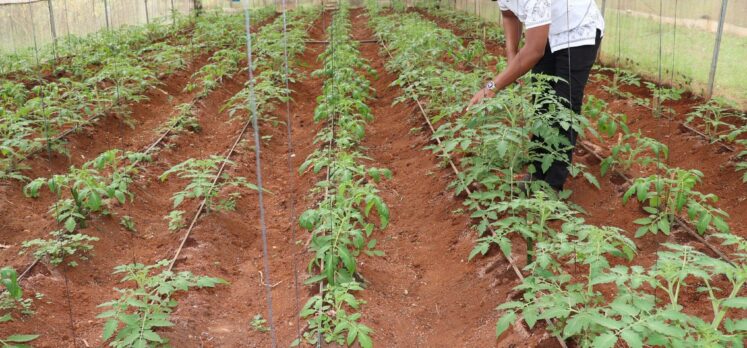
Tomato pilot plot grown on soil amended with insect frass fertilizer
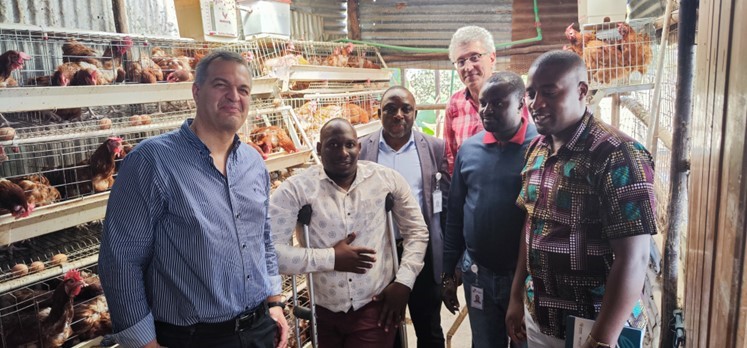
NESTLER team (SYN, UCL, ICIPE) visits a commercial BSF
feeding poultry facility in Thika town, Nairobi, Kenya
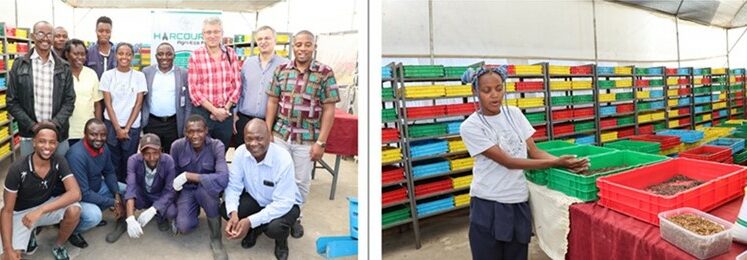
NESTLER team (SYN, UCL, ICIPE) visits a black soldier
fly entrepreneur in Thika town, Nairobi, Kenya
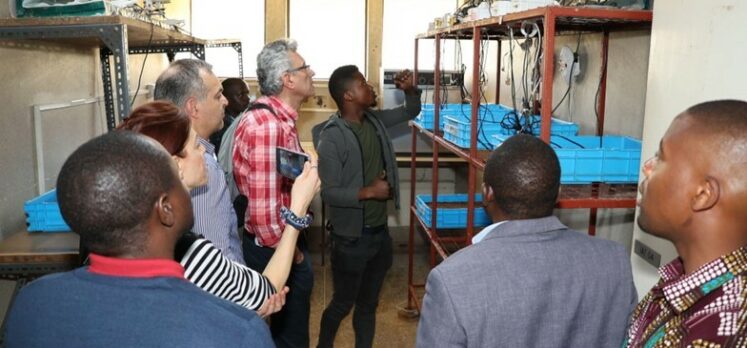
Use of IoT sensors to monitor successive nutrient (NKP) build-up
in frass fertilizer production during black soldier fly bioconversion of biowaste
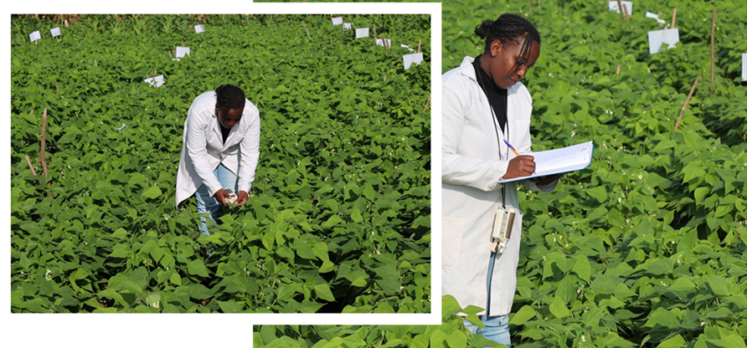
Monitoring the growth performance of bush bean grown on soil amended with insect frass fertilizer in Kenya
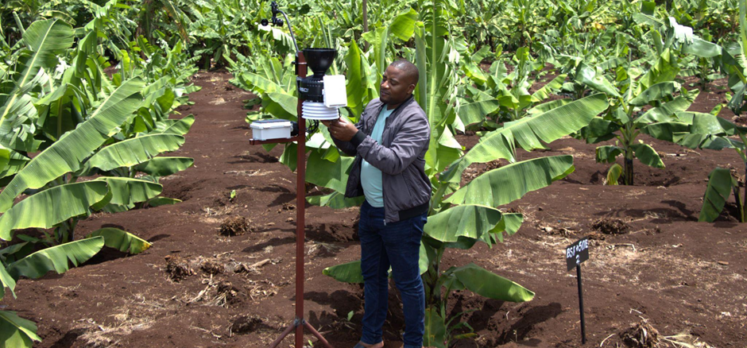
Synelixis’ SynField X3 calibration in banana pilot
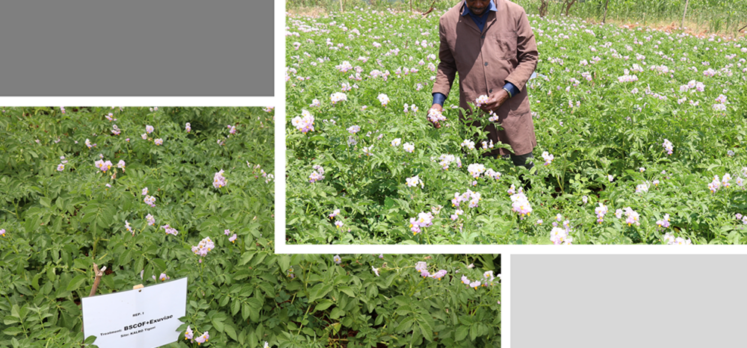
Research work on sustainable potato production and nematode management in Kenya
